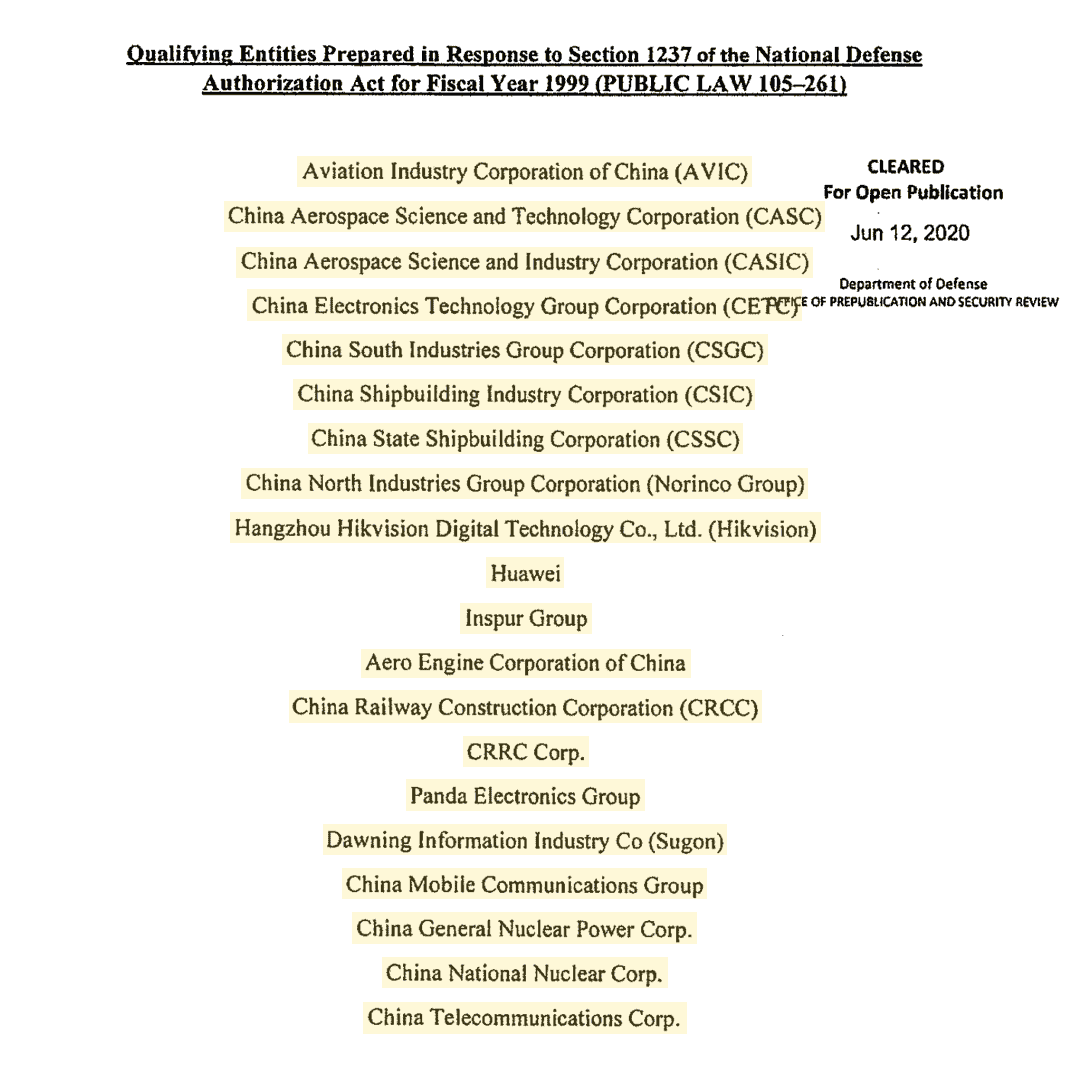Good evening. This week’s issue looks back at cautionary tales — including Chas Freeman’s reflections on the diplomatic relationship between the U.S. and China and what really went wrong with Dalian Wanda’s global expansion — and looks forward to the unchartered waters we increasingly find ourselves in, including China’s ambitions in the Arctic, business executives who are locked out of China, and the 20 companies named by the Pentagon on Wednesday as being owned or affiliated with the PLA. We’ll be taking next Sunday off in honor of the July 4th holiday, but subscribers will still receive David’s weekly reading list as well as the daily news roundup on our site. If you’re not already a paid subscriber to The Wire, please sign up here.
Want this emailed directly to your inbox? Sign up to receive our free newsletter.

The Wanda Warning
At the height of its high-profile acquisitions and developments, Dalian Wanda’s chairman traveled the world touting the “Wanda Way,” his recipe for success as China’s first privately-owned company to go global. He had scooped up brands like AMC theaters and was building a movie studio in China that would rival Hollywood as well as luxury hotels that would put the West’s best brands to shame. But behind the scenes, Dinny McMahon reports for The Wire, a corporate culture was festering with inefficiencies, miscalculations, and an almost comical series of errors. Taken together, they constitute the Wanda Warning — a warning that China’s next generation of entrepreneurs with global aspirations may want to heed.

Credit: Timo Palo, Creative Commons
Why China’s Interests in the Arctic are Constrained
China has broad ambitions for influence in the Arctic region, the northern polar region that is rich in natural resources, central to halting the effects of global warming and encircled by the eight, so-called arctic nations: Canada, Denmark, Finland, Iceland, Norway, Sweden, Russia, and the United States. But despite U.S. fears that Beijing’s provocations in the South China Sea could represent a Chinese pattern in all maritime domains, Yun Sun argues in her op-ed for The Wire that concerns about what China might do, or could do, in the Arctic are largely exaggerated.
A Q&A With Chas Freeman

As President Nixon’s translator on his first trip to China and then Charge d’Affaires at the newly opened embassy in Beijing, Chas Freeman has seen the whole arc of U.S.-China diplomatic relations. In this week’s interview with The Wire’s Eli Binder, he doesn’t hold back on where he thinks the U.S. has gone wrong and what it needs to do to get back on track. “I worry about us,” he says. “I’m not very concerned about the Chinese; they can take care of themselves. But the U.S. is not behaving wisely in the region.”
Chas Freeman
Illustration by Lauren Crow

Credit: Joe Ravi, Creative Commons
Locked Out of China
With employees stranded all over the world, companies are scrambling to figure out how to get back to their China operations. Most American businesses with operations in China had employees leave China at the height of the Covid-19 epidemic earlier this year. Now, as The Wire’s Katrina Northrop reports, they’re not sure how to get back in. According to a survey conducted by the American Chamber of Commerce in China, an organization with members from over 900 American companies operating in China, 90 percent of the respondents indicated that global travel disruptions represented the most important business challenge in May.

The Big Picture: The Pentagon’s List of 20
On Wednesday, several news publications reported that the United States Department of Defense had released a list identifying 20 Chinese companies that have ties to the People’s Liberation Army of China, or the PLA. It’s not clear yet what the fall out from this list will be, but for this week’s Big Picture graphic, we put together a guide with pertinent details about each of the named companies, including what they do, who their customers or subsidiaries are, where their stock is listed, and why the Pentagon might have named them.
Subscribe today for unlimited access, starting at only $19 a month.



